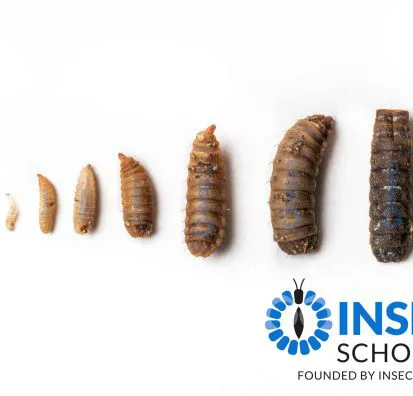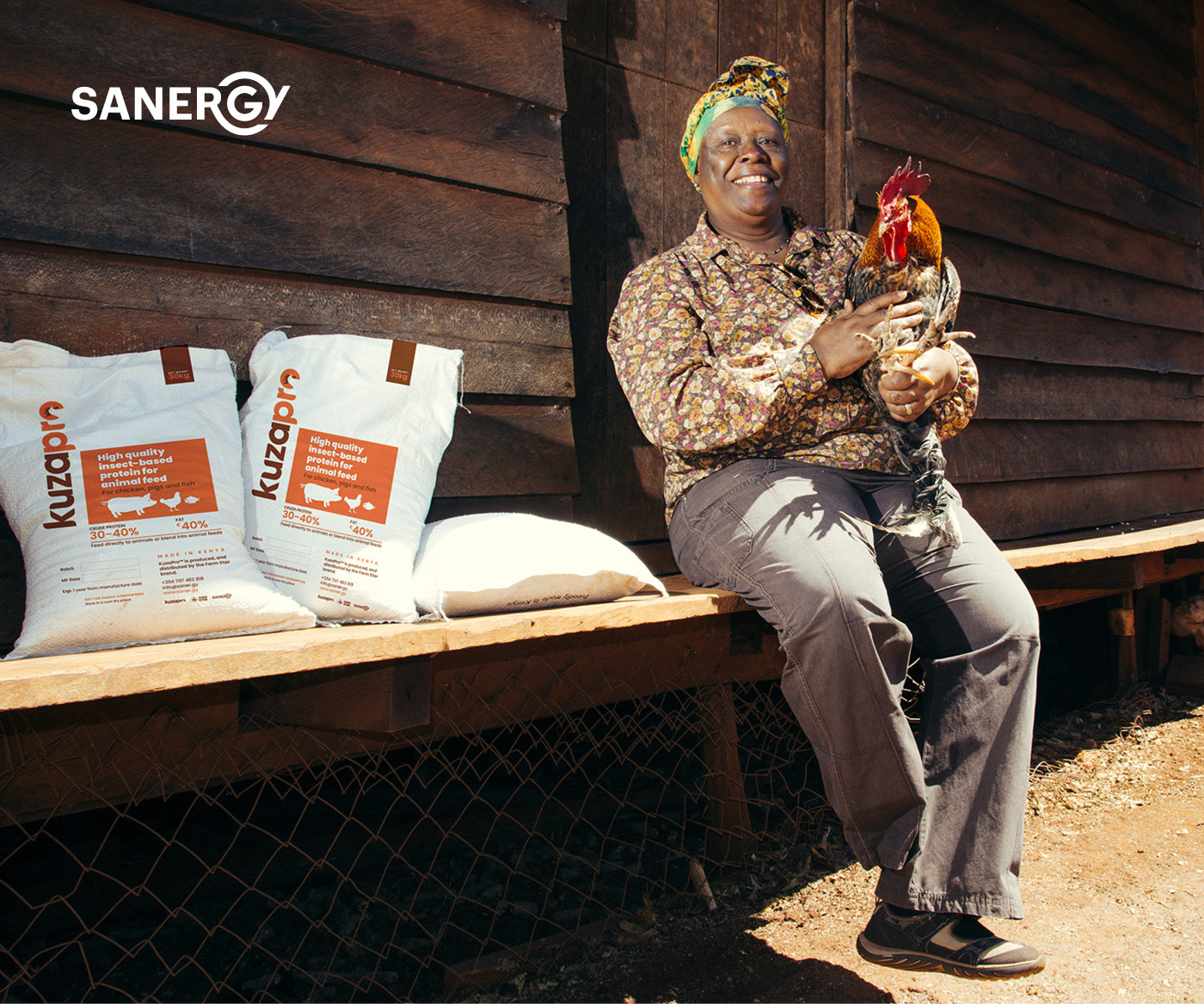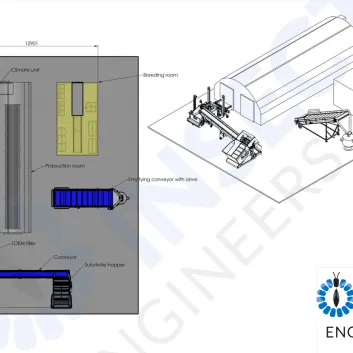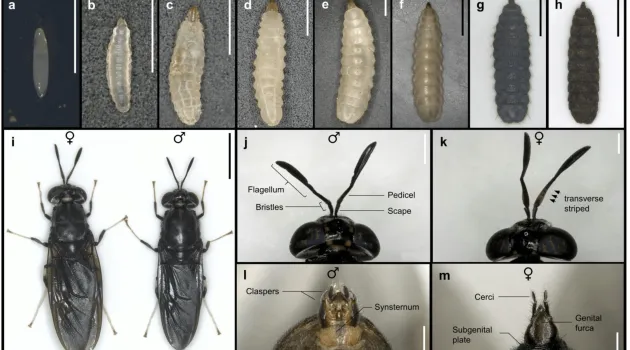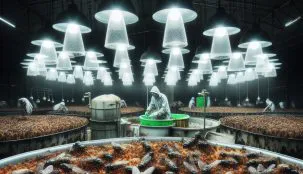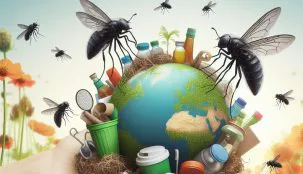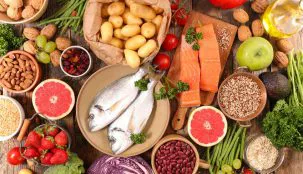Animal Welfare in Insect Farming: To Balance Profitability and Ethical Practices
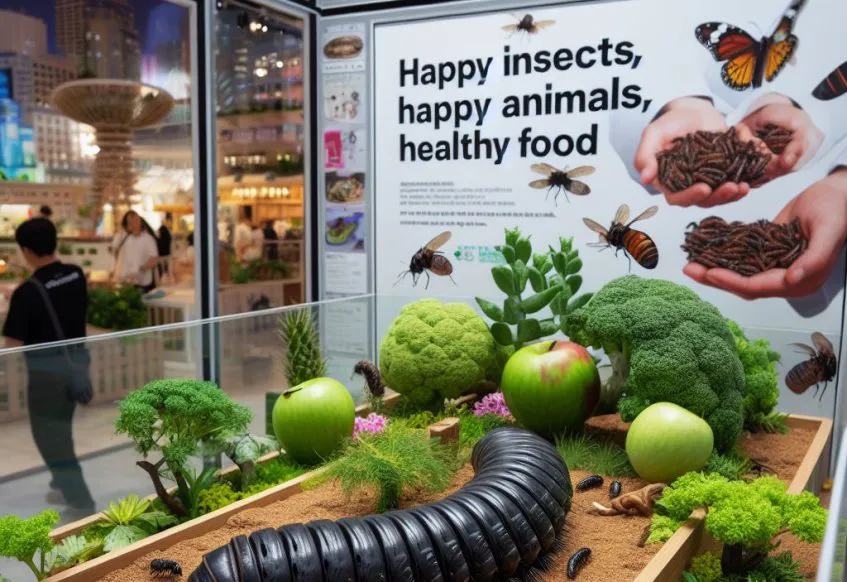
Introduction
In the realm of insect farming, profitability has traditionally taken precedence over concerns about animal welfare. However, as the industry grows, there is a growing acknowledgment that animal welfare will play a crucial role. The insect production sector is becoming more sensitive to external influences, and it is imperative to address animal welfare to avoid potential challenges and criticisms from detractors as the industry matures.
The Foundations of Animal Welfare
Taking a step back from the immediate focus on profitability, it becomes evident that animal welfare is a multifaceted concept, encompassing physiological well-being, behavioral expression, and environmental conditions. These aspects are daily considerations for farmers, whether consciously acknowledged or not. An animal experiencing good welfare not only performs better but is also more profitable and has a lower environmental impact. Successful farmers understand this intrinsic connection, emphasizing the highest care for their animals – a fundamental reason for choosing farming as a profession.
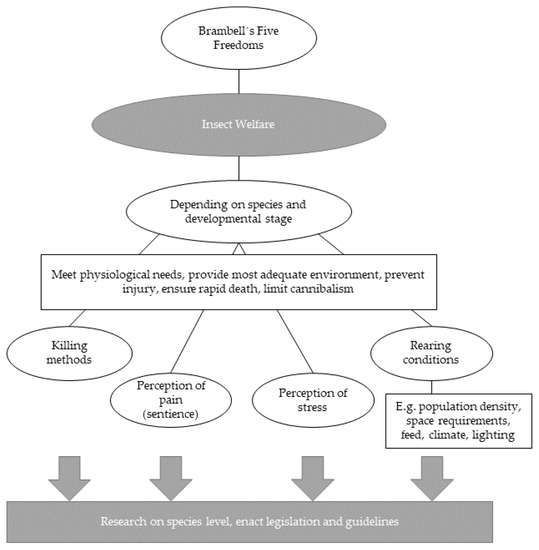
Scoring Welfare Daily
The challenge lies in the fact that discussions about animal welfare, much like sustainability, often become entangled in suppositions and emotions. This has been a pitfall for the traditional livestock industry, with NGOs and society making claims that may not always be grounded in facts. The insect industry can learn from these mistakes and chart a different course by adopting an objective approach. Utilizing technology and daily observations, the industry can collect data to score welfare, not only for improving production processes but also for fostering sensible dialogues with stakeholders, including society.
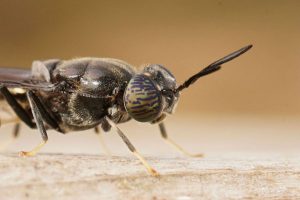
How We Achieve This
The industry combines current scientific thinking with accepted protocols, such as Bramell’s five freedoms, and factors in known parameters based on genetic needs. A data model is then constructed to register daily findings against these criteria. Dr. Meghan Barrett’s clear definition of animal welfare, focusing on five essential freedoms, guides this process. Part 1 of this initiative focuses on putting animal welfare into practice, quantifying freedoms through technology, and providing a measurable score.
![]()
Part 2 of the Journey
Part 2 delves into continuous measurement methods, showcasing practical results from diverse tests with rearing black soldier flies. These results are drawn from case studies, emphasizing physiological, behavioral, and environmental conditions. Initially at pilot scale, providing a representative view of full-scale production scenarios, moving beyond controlled laboratory environments.
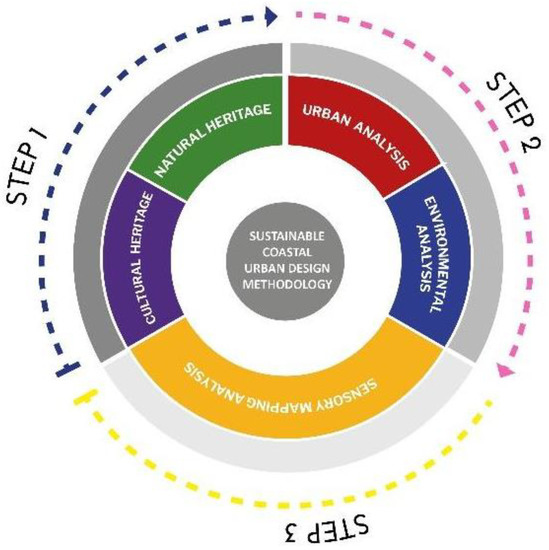
Results and Objectives
The focus also extends to exploring ways to enhance these freedoms, with the ultimate goal of not only demonstrating but proactively proving that animal welfare is a standard practice in insect farming. Furthermore, consideration and implications of animal welfare on the cost price of Black Soldier Fly end products, questioning the feasibility of maintaining high welfare standards while remaining financially attractive.
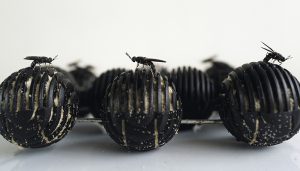
Holistic Mapping for Sustainability
The journey concludes by demonstrating how welfare scores can be integrated into a holistic map, juxtaposed against other elements of sustainability. This includes assessing environmental impact through Life Cycle Assessment (LCA) models, ultimately striving to ‘put a number on sustainability.’ By balancing profitability with ethical considerations, the insect farming industry will aim to pave the way for a sustainable and conscientious future.
For more information about
- Insect bioconversion of waste, please contact us at the Insect school. https://www.insectschool.com/
- Turnkey insect farms – https://www.insectengineers.com/bsfturnkey/production
If you would like to book BSF industry keynote speaker Bob Holtermans for your event – https://www.insectengineers.com/about-us/speaker-bobholtermans
